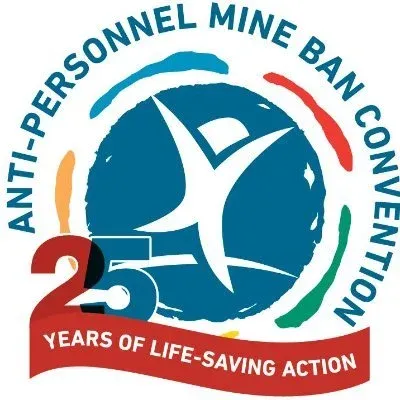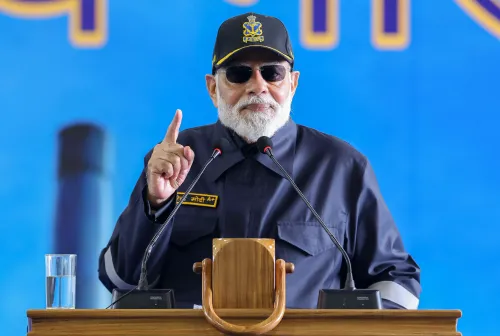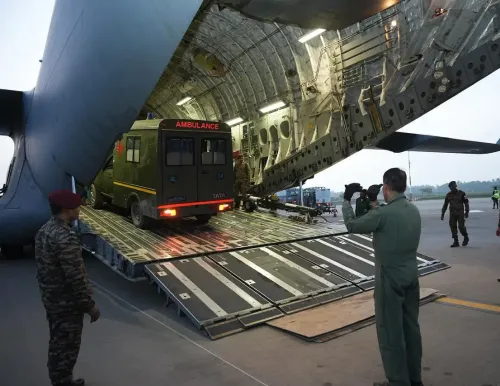Why Did Lithuania, Latvia, and Estonia Withdraw from the Mine Ban Treaty?

Synopsis
Key Takeaways
- Withdrawal from the Ottawa Convention allows greater military flexibility for the Baltic states.
- The decision reflects changing security dynamics in the region.
- All three countries remain committed to international humanitarian law.
- Domestic legislative procedures were followed to facilitate the withdrawal.
- The move follows a broader regional initiative involving Poland and Finland.
Vilnius, June 29 (NationPress) Lithuania, Latvia, and Estonia have formally informed the United Nations Secretary-General of their withdrawal from the Ottawa Convention. The three Baltic states highlighted their shifting national security requirements as the main reason for this collective action, which forbids the use, stockpiling, production, and transfer of anti-personnel mines.
Lithuanian Foreign Minister Kestutis Budrys shared the news on X, stating, “Today, Lithuania officially notified the UN Secretary-General of its withdrawal from the Ottawa Convention. This decision was not made lightly,” Budrys remarked.
The Latvian Ministry of Foreign Affairs emphasized that the regional security landscape has dramatically altered since Latvia's accession to the Convention. “Withdrawal from the Ottawa Convention will give Latvia the flexibility to strengthen deterrence and ensure the protection of the country and its residents,” the ministry explained.
Estonian Foreign Minister Margus Tsahkna noted, “By leaving the Ottawa Convention, the Estonian Defence Forces will have greater flexibility in selecting the weapons systems, tools, and solutions necessary to bolster the country's defense capabilities.”
This withdrawal enables the three Baltic nations to legally obtain, produce, stockpile, utilize, and transfer anti-personnel landmines.
All three countries reiterated their commitment to international humanitarian law and pledged to continue supporting humanitarian demining and aid for armed conflict victims, as reported by Xinhua news agency.
The Ottawa Convention was signed in 1997 and became effective in 1999. Lithuania, Estonia, and Latvia joined the Convention in 2003, 2004, and 2005, respectively, with Poland following suit in 2012.
In recent months, all three countries have navigated domestic legislative processes to facilitate their withdrawal.
Lithuania's parliament sanctioned the exit in May, with President Gitanas Nauseda calling the decision a logical and necessary step. This unified Baltic decision is part of a broader regional initiative, with Poland and Finland also initiating procedures to exit the Convention.
According to the treaty's stipulations, withdrawal becomes effective six months after each country's formal notification is received by the UN Secretary-General.










